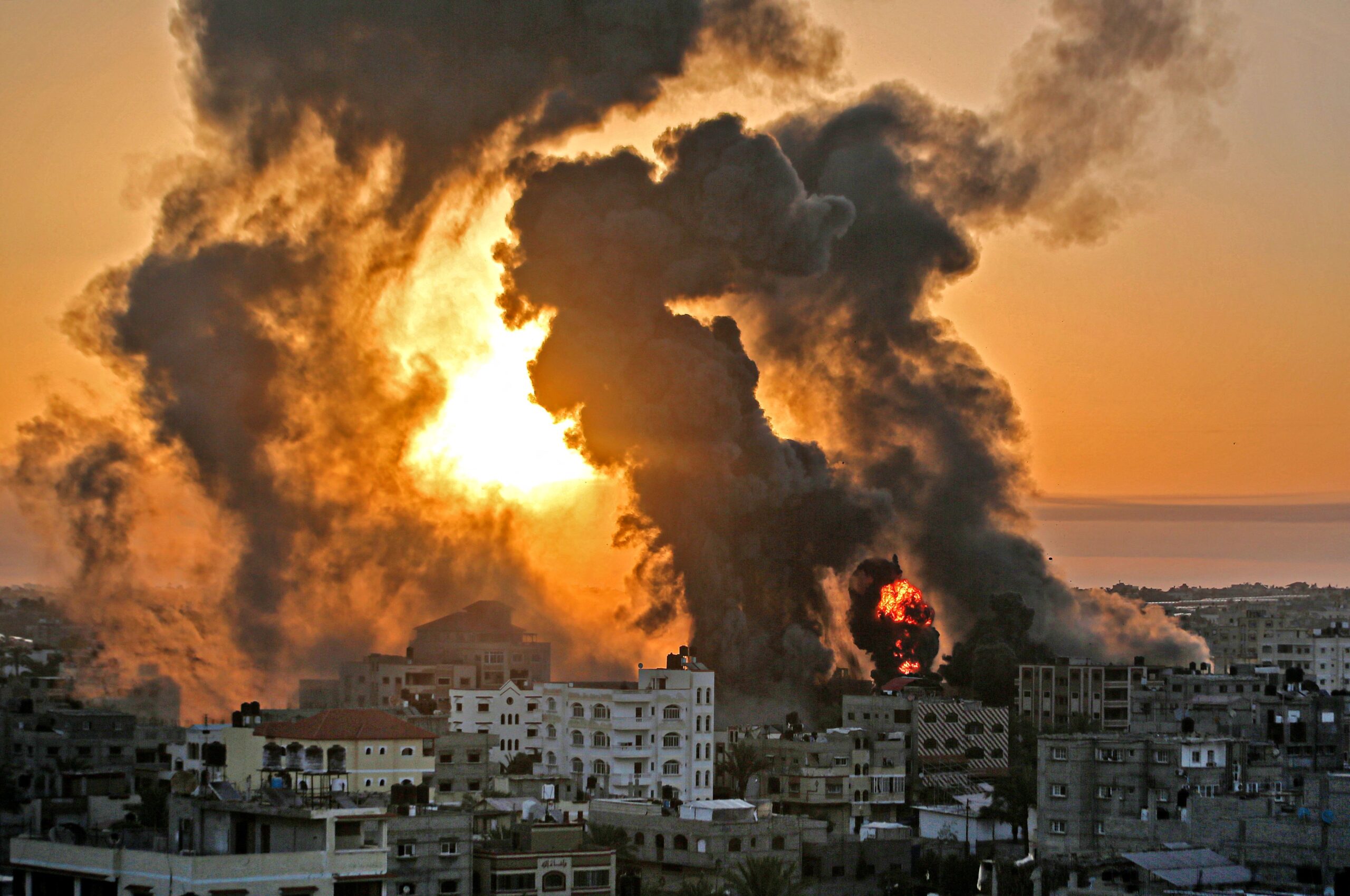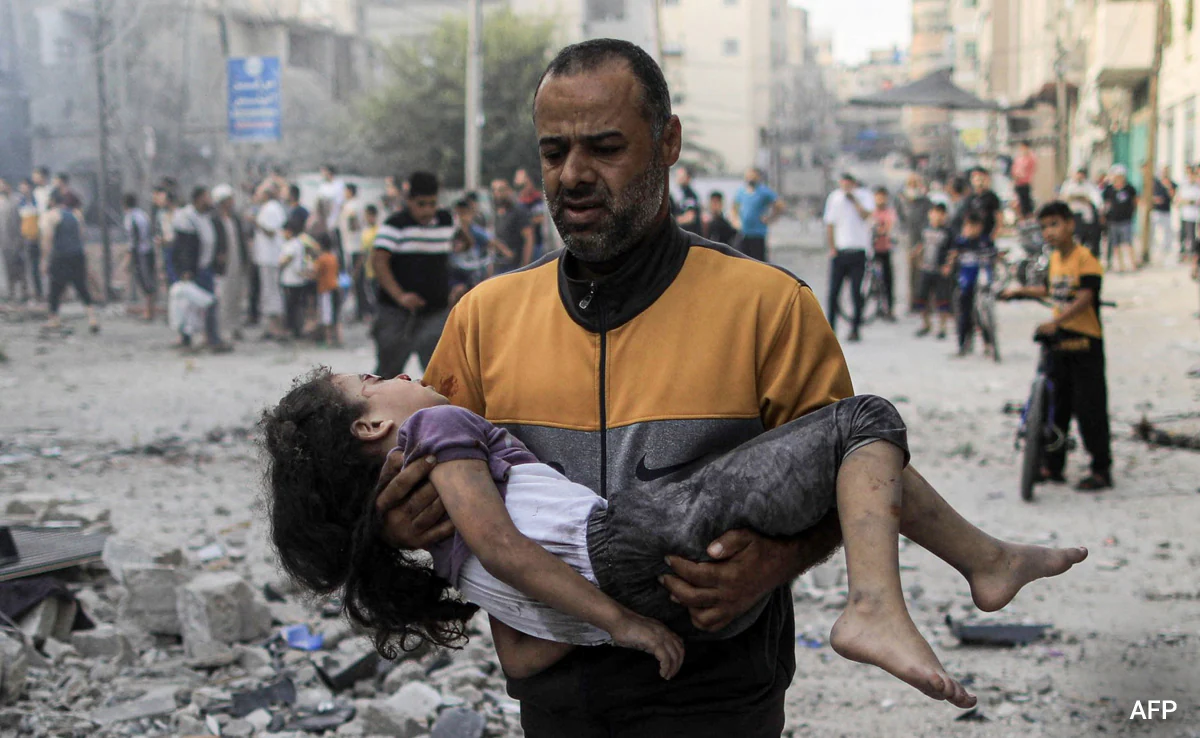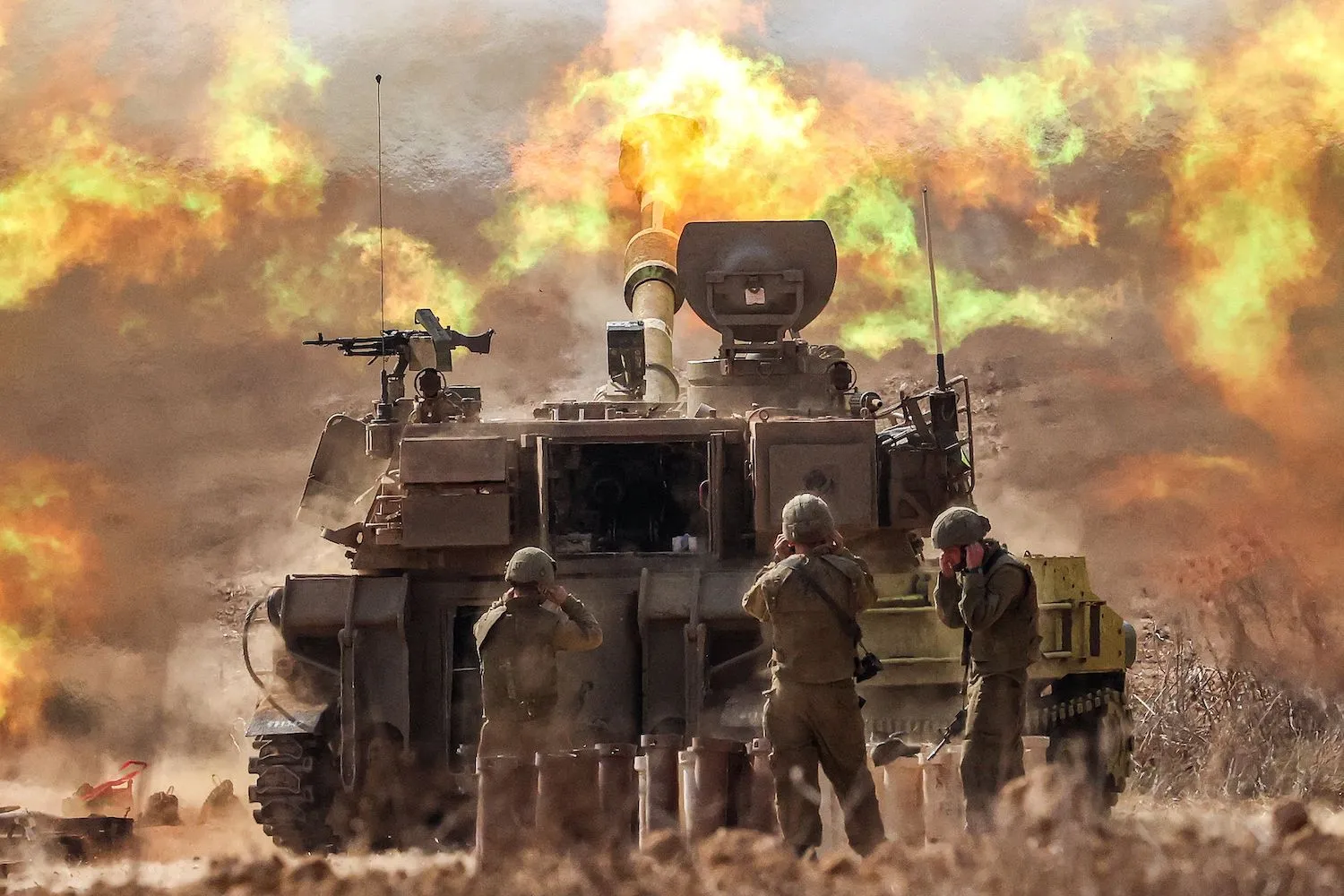The Israel-Hamas conflict is a long-standing and deeply complex issue characterized by a history of conflict and political dispute. This article delves into the role of international courts, such as the International Criminal Court (ICC), in addressing and potentially resolving disputes related to this protracted conflict. It explores the challenges and opportunities that arise when international courts become involved in such a contentious and sensitive situation, as well as the potential impact on peace, justice, and the people involved.
Israel-Hamas Conflict
The Israel-Hamas conflict, marked by decades of tension and violence, has garnered significant international attention. This conflict has resulted in numerous casualties and generated immense suffering on both sides. Amidst the ongoing political disputes and peace negotiations, international courts have emerged as potential forums for addressing allegations of human rights violations and war crimes committed by the parties involved. The central question in this article is: What role can international courts play in the Israel-Hamas conflict, and how might their involvement impact the situation?
The Israel-Hamas Conflict: A Brief Overview
Before diving into the role of international courts, it is crucial to understand the background and dynamics of the Israel-Hamas conflict. This conflict centers on the territorial dispute over the Gaza Strip and West Bank, with both Israel and Hamas claiming historical and political rights to these regions. Over the years, the conflict has escalated, resulting in multiple wars and military operations. Key issues include border security, the status of Palestinian refugees, and the establishment of a Palestinian state. Amidst this backdrop, human rights violations and allegations of war crimes have been rampant, necessitating international scrutiny.
International Courts and Their Jurisdiction
International courts, notably the International Criminal Court (ICC), are established to address grave international crimes, such as genocide, crimes against humanity, and war crimes. The ICC, based in The Hague, Netherlands, is a permanent international tribunal that holds jurisdiction over individuals accused of such crimes when national courts are unable or unwilling to prosecute them. In this context, international courts have the potential to intervene in the Israel-Hamas conflict, provided certain conditions are met.
The ICC and the Israel-Hamas Conflict
The ICC has played a significant role in addressing allegations of war crimes and human rights abuses in the Israel-Hamas conflict. Several key developments have unfolded:
- Palestine’s Accession to the ICC: In 2015, Palestine formally acceded to the Rome Statute, the founding treaty of the ICC, which allows the court to exercise jurisdiction over crimes committed on its territory. This move was met with controversy and led to significant legal debates about the ICC’s jurisdiction.
- ICC Preliminary Examinations: Following Palestine’s accession, the ICC launched preliminary examinations into the situation in the Palestinian territories. These examinations aim to determine whether there is sufficient evidence to warrant a full investigation into alleged war crimes.
- Challenges and Criticisms: The involvement of the ICC in the Israel-Hamas conflict has not been without controversy. Israel has vehemently opposed the ICC’s jurisdiction in the region, arguing that it is not a state party to the Rome Statute and that the Palestinian Authority does not represent a sovereign state. These legal arguments have been at the center of the debate.
Potential Impact of ICC Involvement
The involvement of the ICC in the Israel-Hamas conflict holds several potential implications:
- Accountability and Justice: ICC involvement may lead to greater accountability for alleged war crimes and human rights violations, potentially deterring future violations. It could provide a legal avenue for victims to seek justice.
- Obstacles to Peace: Critics argue that ICC involvement may hinder the peace process by complicating negotiations and intensifying political tensions. They contend that bringing individuals before the court could exacerbate hostilities.
- Legal Challenges and Diplomacy: The legal challenges surrounding ICC jurisdiction in this conflict highlight the intricate interplay between international law, diplomacy, and politics. Resolving these issues may necessitate diplomatic negotiations.
The Role of Other International Courts
In addition to the ICC, other international courts and bodies have played a role in the Israel-Hamas conflict. Notable examples include the International Court of Justice (ICJ), which issued an advisory opinion on the construction of the Israeli West Bank barrier, and various UN bodies responsible for investigating alleged violations of international law.
Challenges and Limitations
While international courts have the potential to promote justice and accountability, they face several challenges in addressing the Israel-Hamas conflict:
- Jurisdictional Disputes: The question of jurisdiction has been a significant impediment to ICC involvement, as Israel and its allies contest the court’s authority.
- Political Impediments: The deeply politicized nature of the conflict makes it challenging to ensure that justice is pursued without further politicization of the issue.
- Implications for Peace: The pursuit of justice through international courts can have implications for the broader peace process, potentially complicating negotiations.
Conclusion
The role of international courts, particularly the ICC, in the Israel-Hamas conflict is marked by complex legal and political challenges. While these courts have the potential to promote accountability and justice, their involvement can also have repercussions for peace and diplomacy. As the conflict continues to evolve, the role of international courts in addressing allegations of war crimes and human rights abuses remains a critical and contentious issue, one that requires careful consideration and negotiation to balance the pursuit of justice with the need for a peaceful resolution.



